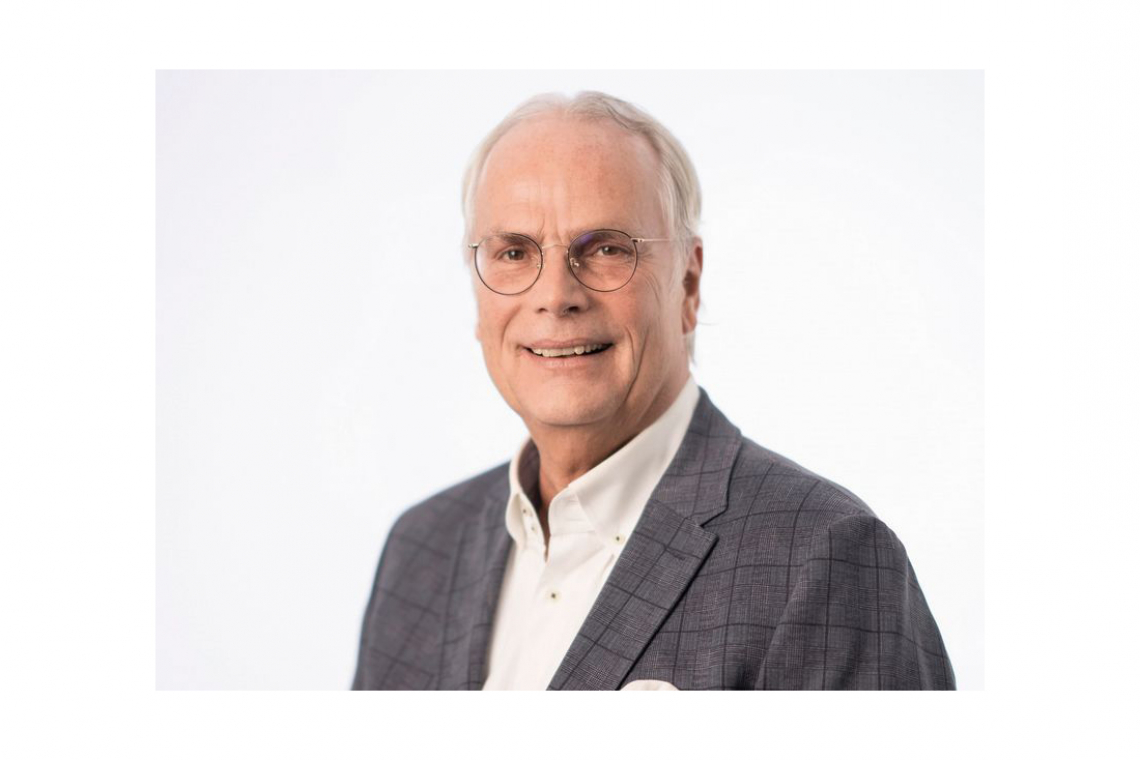Dr. Andreas Groß, Head of the Department of Continuing Education and Technology Transfer at Fraunhofer IFAM, Interview: Fraunhofer IFAM.
What changes in chemicals legislation will result from the EU Chemicals Strategy for Sustainability (CSS)?
Within the framework of this chemicals strategy, the possible paradigm shift, i.e. the change from a previously risk-based assessment of chemicals and hazardous substances to a future hazard-based approach, would take place.
At first glance, this paradigm shift does not seem wrong. What is the problem?
At first glance, I agree with you. A closer look reveals the problem. I fear that the public - and therefore also the political decision-makers - are not really aware of the resulting consequences of such a paradigm shift.
The regulatory approach based on hazard assessment is admittedly effective with the public, not to say populist: it follows the prevailing skeptical view or prejudice among the public that "chemistry" is fundamentally dangerous. This leads to the widespread assessment that - to put it simply - "chemicals" are fundamentally "hazardous substances".
"All things are poison and no thing is without poison" (Paracelsus).
What happens with a hazard-based approach?
Quite simply! Let's take an example: The tiger in the zoo, i.e. the "poison" or "hazardous substance", is simply banned in a hazard-based approach. And this despite demonstrably effective, risk-minimizing protective measures, foreseeable circumstances and behavior in accordance with regulations. We can still go to the zoo, but we can no longer see a tiger there - because it is banned there as a "hazardous substance" and is simply replaced by a "non-toxic" or "non-hazardous substance", e.g. a guinea pig. The paradigm shift means that the "hazardous substance" is then banned - without any assessment of the consequences from other points of view.
Should we stick to the risk-based approach?
I think this is absolutely essential. This gives politicians the opportunity to create a framework that focuses on the use of what is technically possible and necessary internationally. "All things are poison and no thing is without poison" (Paracelsus). It is therefore impossible to exclude residual risks.


